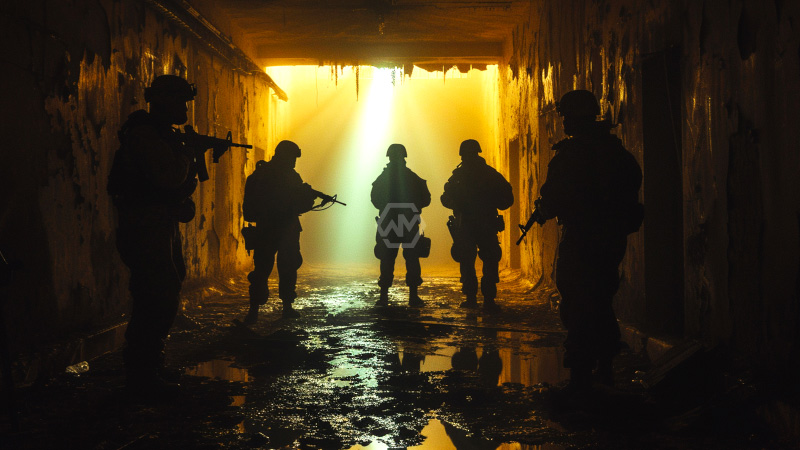- Israeli raids in the West Bank have shifted focus from Tulkarm to Jenin, killing 19 Palestinians including a Hamas commander.
- The international community is expressing concern over civilian casualties and infrastructure damage.
- Residents in Jenin face severe disruptions, including utility outages and limited access to aid.
The recent Israeli military operation in the West Bank, now centered in Jenin, has intensified after a three-day raid that left 19 Palestinians dead.
The focus has shifted following a deadly assault in Tulkarm, with Israeli forces reporting the elimination of a key Hamas commander, Wisam Khazem. The operation has drawn significant international criticism due to the rising civilian toll and widespread destruction in the affected cities.
Escalating Tensions: Israeli Raids in Jenin and Tulkarm Spark International Outcry
The operation, described as Israel’s most extensive in over a year, has drawn widespread international condemnation. France has criticized the raids for exacerbating instability, while Britain has expressed deep concern over the impact on civilians and infrastructure. These reactions highlight growing global unease regarding the escalating violence and its humanitarian impact.
On the ground in Jenin, residents face severe hardships due to ongoing military actions. Essential services like running water, electricity, and internet access remain disrupted, with aid agencies suspending operations in the region. The local population is grappling with the immediate effects of the conflict, including shortages of food and other necessities.
The persistent violence and frequent raids have led some Palestinians, like 25-year-old Ismael Bani Gharra, to consider emigration as a means of escape. Despite the sophistication of the militant groups, they remain vastly outmatched by Israeli military capabilities, leaving many in the West Bank in a state of fear and uncertainty.
The escalating military actions in the West Bank, particularly in Jenin, underscore the deepening crisis and the severe impact on civilian life. With international criticism mounting and essential services in disarray, the conflict continues to pose significant humanitarian challenges.
“Sometimes, I think about emigrating. I don’t know whether it’s right to think that way, but they just don’t stop coming for us.”



